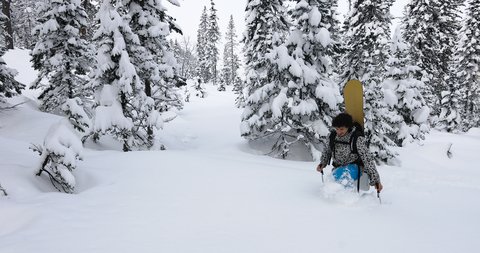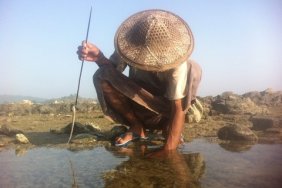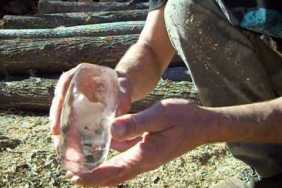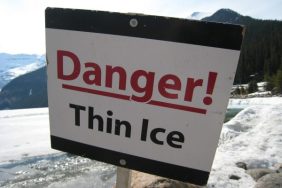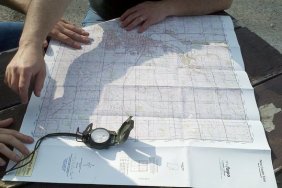Every time I hear about someone getting lost in the winter, it brings me back to when I sat in my sixth grade class and heard my teacher announce that two of my good friends never came back from skiing the day before.
I was shocked because I had been with them until their last run at Northstar Ski Resort in Lake Tahoe. It was cold, snowy and the four of us had been enjoying a great powder day.
Two of us went back to the lodge and the other two decided to take an “out of bounds” route for their last run. My classmate lost his life because he failed to do one simple thing.
A few days ago, a 21 year old snowboarder had a similar experience while riding up at Mt. Baker in Washington. Somehow he and a friend got separated while taking a new trail.
Details are sketchy as to how they managed to lose each other but the fact that they never found each other is what’s troubling to me. One boarder made it back but the other did not. The good news is that he survived the ordeal after spending two cold, wet nights alone, according to Channel 5 News.
Your partner may or may not be your best life line if you get lost. In the case of my two friends, the older skier made a decision that would ultimately kill the other. In those days, very little information was available in the case of a survival situation. The bottom line is that my friends and the Mt. Baker snowboarder made a critical mistake by not staying put once they were lost.
When I taught winter survival to elementary students, I couldn’t over emphasize the word S.T.O.P. The acronym stands for slow down (meaning stay put unless you absolutely know how to get out), think clearly, observe your surroundings, and plan accordingly. The first letter of the acronym has always proved to be the most important aspect in my experience.
During the nine years I worked for Tahoe Nordic Search and Rescue, the folks who failed to stay put were the ones who ended up spending numerous nights in the wilderness and also the ones who sadly perished. There is a powerful survival instinct that tells us to keep going despite how crucial it is to stay put. The farther you wander, the longer it will take searchers to find you.
Another important thing to consider is that if you continue to walk, you not only use precious energy (energy you need to keep your body warm and your mind thinking clearly), you also get wet. You get wet from perspiration and you get wet from wandering through the snow.
Many people try and follow streams and end up with very soaked feet. Once the temperature starts to drop and the sun goes over the mountain, you are likely to become a popsicle. This scenario seems to re-occur despite all the information out there on winter survival.
Considering that shelter is always the most vital part of a survival scenario, it should always be the first thing to think about if you become lost and have sat and assessed your situation. Chances are very good that you will survive if you build a shelter to keep you out of the elements. It is also vital to remember that most people die from exposure, even in the summer.
A snow cave is one of the easiest shelters to make and it will save your life. I know of situations where people have lasted for a couple of weeks in a snow cave. Almost every rescue I’ve been on where the lost individual “dug in” and stayed put, ended up successful. I’ve followed tracks for miles only to find a frozen body beside a creek. No matter what, stay put. We’ll find you!
Photo credit: Dreamstime
